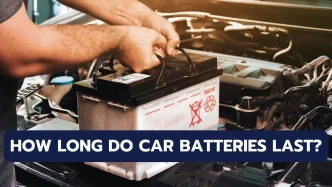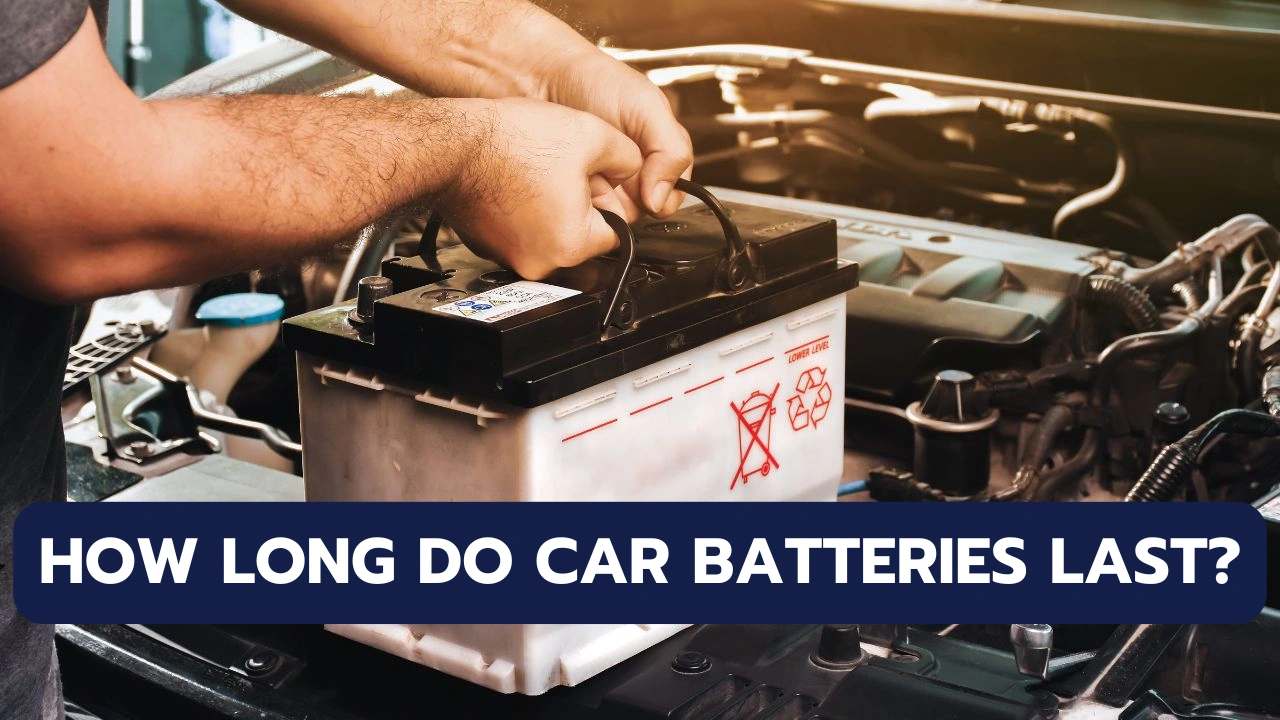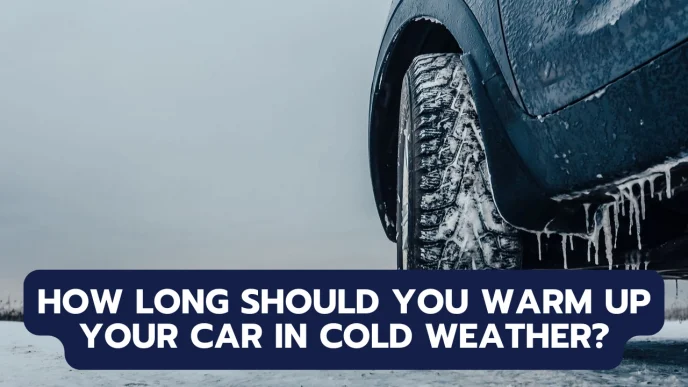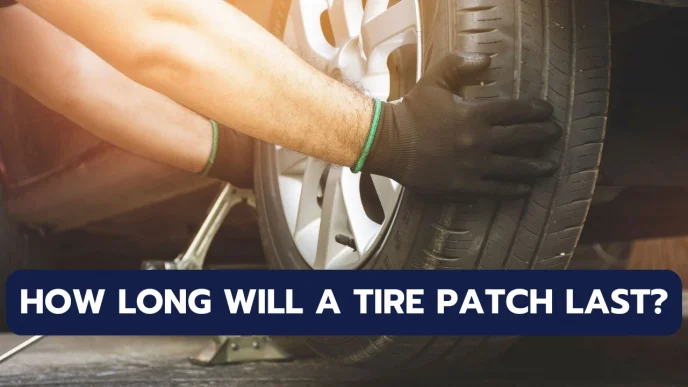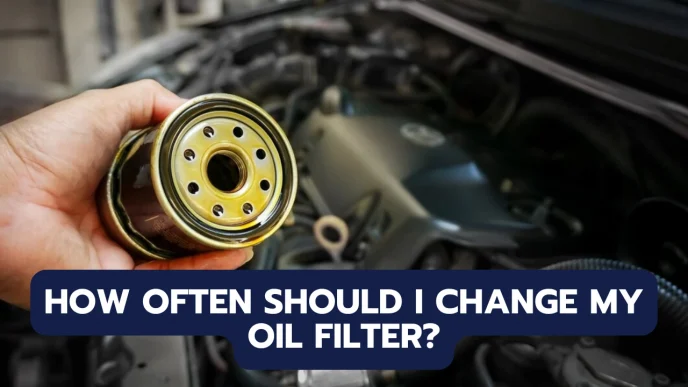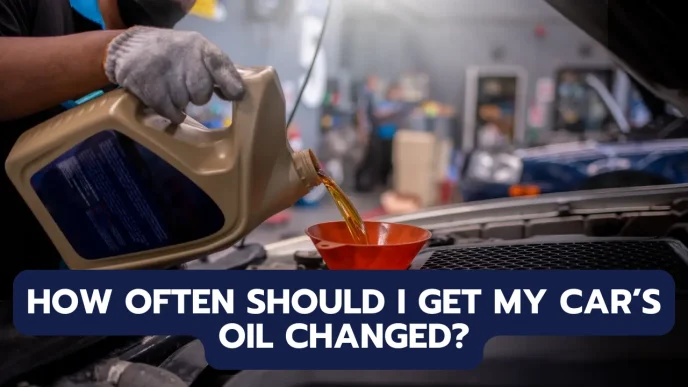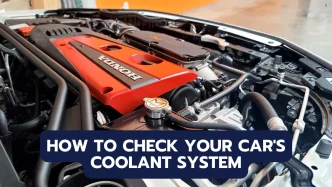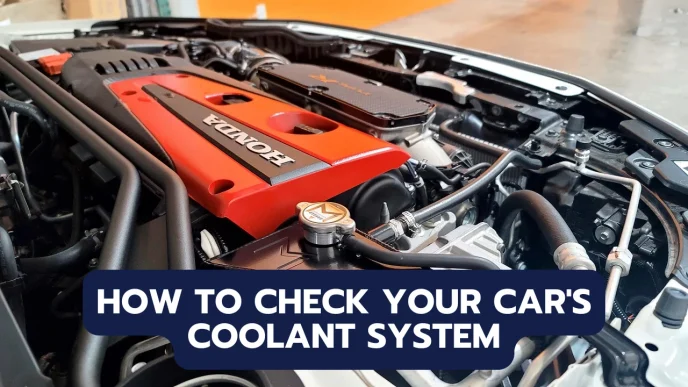Your car battery is the silent hero under the hood — providing the vital electrical power necessary to start your engine and keep your vehicle’s electronics running. Unfortunately, like all components, car batteries have a limited lifespan, and understanding when and why they fail is essential for avoiding inconvenient or costly breakdowns. While the average lifespan of a car battery is typically three to four years, numerous factors can cause your battery to die sooner or last longer. Here’s a comprehensive look at what determines how long your battery will last, the signs of an impending battery failure, and how to maintain your battery to ensure maximum longevity.
What Is a Car Battery and How Does It Work?
The Role of a 12-Volt Battery
Most vehicles on the road today, whether gasoline, diesel, or hybrid, rely on a 12-volt battery for essential functions. This rectangular battery, usually located under the hood (though sometimes in the trunk or under a seat), provides the initial electrical power to:
- Start the engine by powering the starter motor.
- Supply power to electronic systems (lights, radio, power windows, etc.) when the engine is off.
- Act as a backup power source if there is an interruption in the charging system.
Battery Design and Components
A typical 12-volt battery consists of:
- Six cells, each producing 2 volts of electricity.
- Electrolyte solution (a mix of sulfuric acid and water) that facilitates the chemical reaction.
- Positive and negative plates inside each cell that store and release electrical energy.
- Battery terminals (metal posts) that connect to the vehicle’s electrical system.
When you start your vehicle, the battery sends a surge of electricity to the starter motor. Once the engine is running, the alternator takes over, supplying power to the vehicle’s systems and recharging the battery.
How Long Do Car Batteries Typically Last?
Average Lifespan of a Car Battery
In general, a standard car battery lasts between three to four years. However, several factors can influence this lifespan. Some batteries may die after just two years, while others can last up to five or six years under optimal conditions.
Factors That Affect Battery Longevity
1. Driving Habits
- Frequent Short Trips: If your daily trips are less than 10 minutes, the alternator may not have enough time to recharge the battery fully. Over time, this can lead to a weakened battery.
- Infrequent Use: Leaving your car parked for long periods allows the battery to slowly discharge, leading to premature failure.
- Long, Consistent Drives: Regular, longer trips give the alternator sufficient time to keep the battery fully charged, extending its lifespan.
2. Climate and Temperature
- Hot Weather: High temperatures can accelerate the evaporation of the battery’s electrolyte solution, causing internal damage. In regions where temperatures frequently exceed 90°F (32°C), battery life may be reduced to two to three years.
- Cold Weather: Extremely low temperatures make it harder for the battery to generate power. In sub-zero climates, a weak battery can fail quickly.
3. Power Demand
Modern vehicles with advanced electronic systems (infotainment systems, power seats, heated seats, etc.) place a higher demand on the battery. If these systems are used while the engine is off, the battery will drain faster.
4. Battery Quality and Size
- High-Quality Batteries: Premium batteries, such as AGM (Absorbent Glass Mat) batteries, are more durable and can handle higher electrical loads, lasting longer than conventional lead-acid batteries.
- Proper Fit: Using the correct battery size and type for your vehicle ensures optimal performance and longevity.
5. Maintenance Practices
- Regular Inspections: Checking your battery for signs of corrosion, leaks, or damage can help identify potential issues early.
- Terminal Cleaning: Corroded terminals can disrupt the flow of electricity, causing the battery to underperform or fail.
Signs Your Car Battery Is Failing
Even with proper care, batteries can fail unexpectedly. However, paying attention to these warning signs can help you avoid being stranded:
1. Slow Engine Crank
If your engine cranks slowly when you turn the key, it’s a clear sign that the battery is weakening. The battery may not be supplying enough power to the starter motor.
2. Dim Lights and Electrical Issues
When the battery is low, you might notice your headlights or interior lights dimming. Other electronics, like power windows, radio, or dashboard displays, may also function erratically.
3. Dashboard Warning Light
Most vehicles have a battery warning light on the dashboard. If this light comes on, it indicates a problem with the battery or charging system.
4. Battery Corrosion
Look for white or blueish corrosion on the battery terminals. This buildup can interfere with the electrical connection and lead to starting problems.
5. Swollen Battery Case
A battery case that appears swollen or bloated is a sign of excessive heat damage. This can cause the battery to fail prematurely.
6. Frequent Need for Jump Starts
If you constantly need to jump-start your vehicle, the battery is likely no longer holding a charge and should be replaced.
How to Maintain Your Car Battery
Regular Maintenance Tips
To extend the life of your car battery, follow these maintenance practices:
- Inspect Battery Terminals: Check for corrosion and clean the terminals regularly. A solution of hot water and baking soda works well for removing buildup.
- Tighten Connections: Ensure the battery cables are securely fastened to the terminals. Loose connections can cause electrical issues.
- Drive Regularly: Take your car on longer drives to allow the alternator to recharge the battery fully.
- Avoid Excessive Electrical Use: Limit the use of electronics while the engine is off to prevent unnecessary battery drain.
- Check Battery Voltage: Use a multimeter to check the battery voltage periodically. A fully charged battery should read 12.6 volts or higher.
When to Replace Your Battery
Most car batteries come with a 1 to 3-year warranty, which gives you a general idea of their expected lifespan. Even if your battery appears to be functioning well, consider replacing it every 3 to 4 years to avoid unexpected failure.
How long do car batteries typically last?
On average, car batteries last between 3 to 4 years, but factors like climate, driving habits, and battery quality can influence this lifespan.
What are the signs of a failing car battery?
Common signs include slow engine crank, dim lights, dashboard warning lights, and corrosion on the terminals.
Can hot weather affect my car battery?
Yes, high temperatures can cause the electrolyte to evaporate, leading to internal damage and a shorter battery life.
How often should I clean my battery terminals?
It’s a good idea to inspect and clean your battery terminals every 6 months or whenever you notice corrosion buildup.
Does a car battery charge while idling?
Yes, the battery charges while the engine is running, including when idling, as long as the alternator is functioning properly.
How can I test my car battery at home?
You can use a multimeter to check the voltage. A fully charged battery should read around 12.6 volts.
What happens if I don’t replace a weak battery?
A weak battery can lead to starting issues, electrical malfunctions, and potential breakdowns, especially in extreme weather conditions.
Can I replace my car battery myself?
Yes, replacing a car battery is a relatively simple DIY task. However, if you’re unsure, it’s best to have it done by a professional.
Is it bad to let my car sit unused for long periods?
Yes, leaving your car unused for weeks can cause the battery to discharge, potentially leading to a dead battery. Consider using a trickle charger if your car will be idle for a long time.
